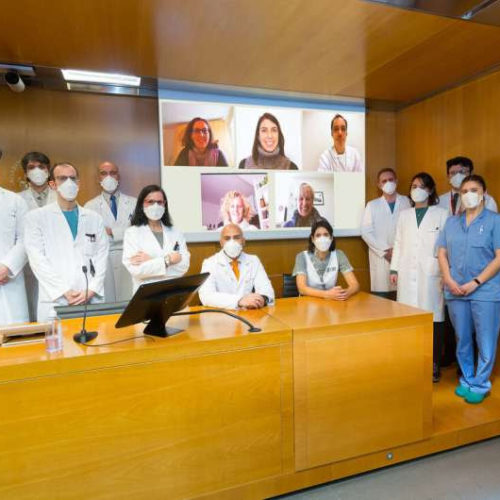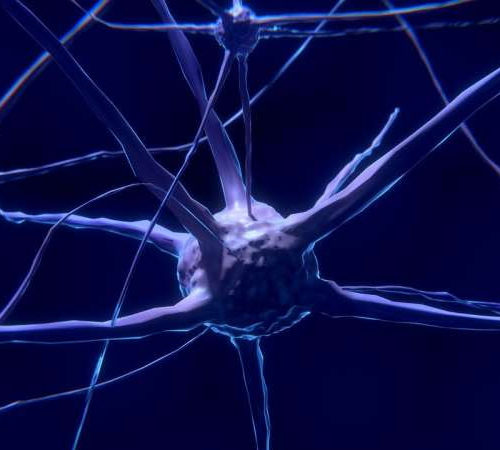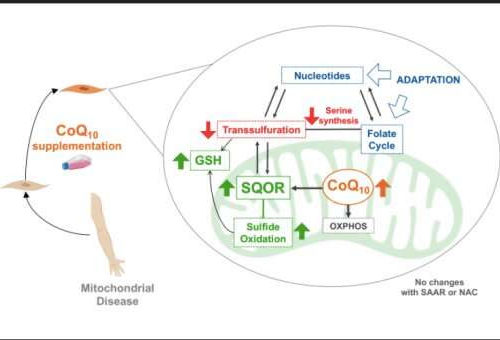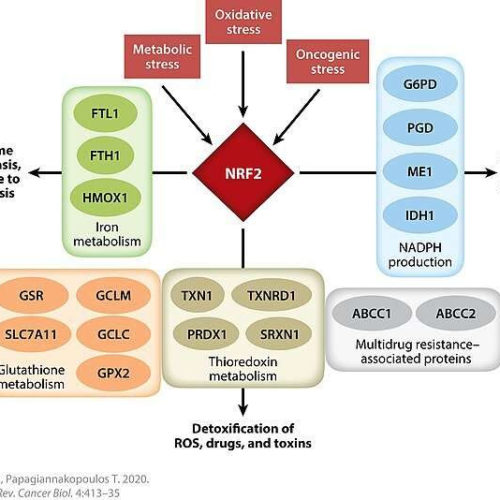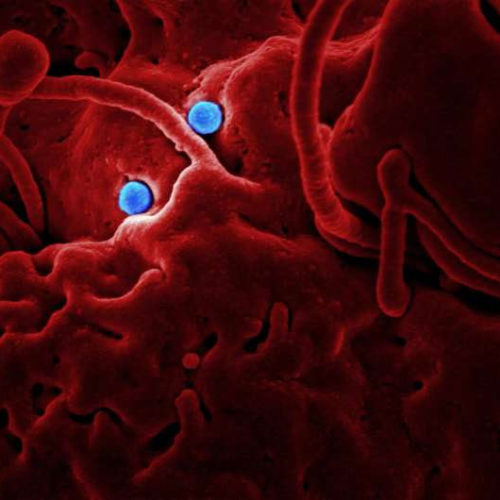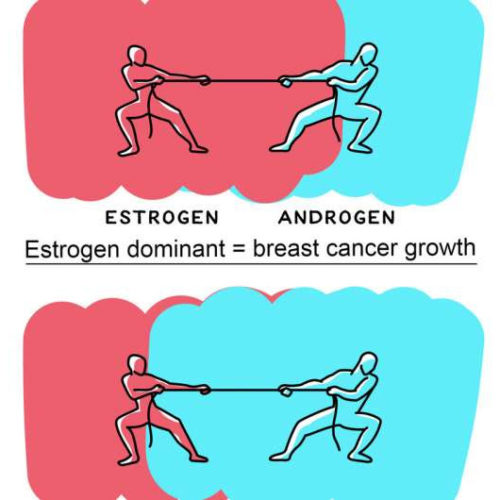by Northwestern University Credit: CC0 Public Domain As the air continues to dry and temperatures drop, the yearly battle against dry hands and skin has officially begun. New research from Northwestern University has found new evidence deep within the skin about the mechanisms controlling skin repair and renewal. Skin’s barrier function gives it the unique ability to fight...
Year: <span>2021</span>
A clinical trial provides encouraging results on ivermectin for reducing mild COVID-19
by Barcelona Institute for Global Health SAINT Research team. Credit: ISGlobal/Clínica Universidad de Navarra. A small pilot study suggests that early administration of ivermectin can reduce viral loads and symptom duration in patients with mild COVID-19, which in turn could help reduce viral transmission. The study, which is part of the SAINT project and has been led by...
Potential new biomarker for depression and bipolar disorder
by Candy Gibson, University of South Australia Credit: Pixabay/CC0 Public Domain UniSA scientists have developed the world’s first test to accurately predict mood disorders in people, based on the levels of a specific protein found in the brain. Links between low levels of mature brain-derived neurotrophic factor (mBDNF) and depression are well known but, until now,...
Low-frequency electrical stimulation to orbitofrontal cortex used to treat obsessive-compulsive behaviors
by Bob Yirka , Medical Xpress Credit: CC0 Public Domain A team of researchers at Boston University has found that applying low-frequency electrical stimulation to the orbitofrontal cortex of obsessive-compulsive behavior patients proved to be effective in reducing such behaviors for up to three months. In their paper published in the journal Nature Medicine, the group describes osing...
Blood type co-determines composition of the gut microbiome
by Kiel University High-throughput sequencing can be used to obtain the genetic information of a living organism within a few hours. Credit: SoulPicture|Kiel, IKMB Uni Kiel For several years, scientists worldwide have been investigating the extent to which microorganisms living in and on the human body influence central life processes and thus health and disease. Today...
Coenzyme Q10 could treat mitochondrial diseases, colon cancer, thyroid carcinoma and Crohn’s disease
by University of Granada Graphic overview of the research. Credit: University of Granada Coenzyme Q10 (CoQ10) is a molecule essential for life that is synthesized in the cells of our organs and tissues, but is also acquired through diet Scientists from the University of Granada demonstrate for the first time that a CoQ10 supplement is capable of modulating hydrogen...
Could NRF2 be your magic molecule for eternal youth?
by John Hewitt , Medical Xpress Credit: Wikipedia NRF2 is just one of thousands of critical proteins in the cell, but it is one that we now know a lot about. Once any molecule achieves a certain level of celebrity status, it tends to acquire a groupie following in the supplement market. Today, we have...
Genetic factors involved in shaping composition of human gut microbiome, international research team finds
by University of Bristol Credit: Unsplash/CC0 Public Domain Human genes have an impact on shaping our gut ecosystem according to new evidence from the international MIBioGen consortium study involving more than 18,000 people. The findings, led by the University Medical Center Groningen, Netherlands and involving researchers at the University of Bristol, are published in Nature Genetics. The last decade...
New computational tool reliably differentiates between cancer and normal cells from single-cell RNA-sequencing data
UNIVERSITY OF TEXAS M. D. ANDERSON CANCER CENTER IMAGE: NICHOLAS NAVIN, PH.D. CREDIT: MD ANDERSON CANCER CENTER HOUSTON — In an effort to address a major challenge when analyzing large single-cell RNA-sequencing datasets, researchers from The University of Texas MD Anderson Cancer Center have developed a new computational technique to accurately differentiate between data from cancer cells...
New discovery in breast cancer treatment
by University of Adelaide Androgen counterbalances estrogen-driven breast cancer. Credit: University of Adelaide Researchers at the University of Adelaide have found new evidence about the positive role of androgens in breast cancer treatment with immediate implications for women with estrogen receptor-driven metastatic disease. Published today in Nature Medicine, the international study conducted in collaboration with the Garvan Institute...


